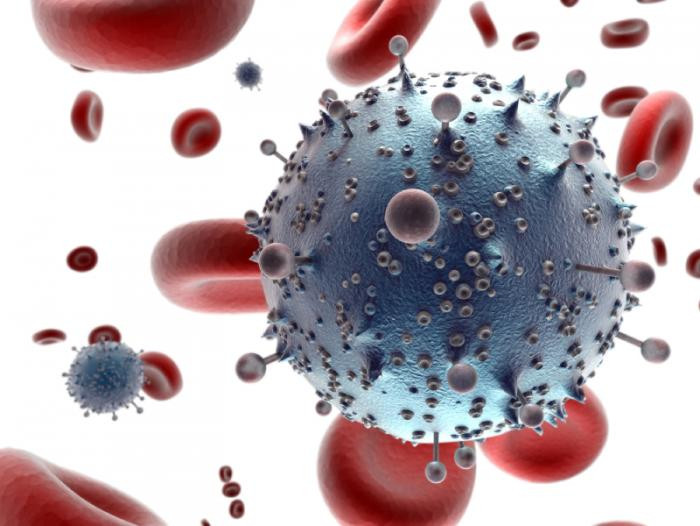Thailand becomes the first Asian country to eliminate mother-to-child transmission of HIV
The World Health Organization (WHO) announced Thailand as the first Asian country to eliminate mother-to-child transmission of HIV.
According to Reuter, 16 years ago, Thai woman Anya Nopalit was pregnant with her first son. At that time, she knew she had HIV and was extremely worried about her being able to transmit the virus to her children. Fortunately, Thailand has launched a program to provide antiretroviral (ARV) treatment and counseling to pregnant women infected with HIV, and then her son was born healthy, without HIV.
10 years later, this young woman decided to give birth to another child. This birth she was extremely confident and comfortable because she was equipped with knowledge and monitor the amount of HIV in the blood. As a result, both her children were HIV negative.

Cuba is the first country in the world that has been recognized by WHO to successfully eradicate mother-to-child transmission of HIV.
In 2000, Thailand became one of the first countries in the world to provide free antiviral drugs to all pregnant women. Viral screening during pregnancy also becomes mandatory everywhere in the country.
According to Thai government statistics, the number of babies infected with HIV has dropped from 1,000 in 2000 to 85 in 2015. This is a breakthrough leading to the latest WHO announcement of the end of infection. HIV from mother to child in Thailand although there is still a lot of work to do to be able to thoroughly solve this disease.
Previously, Cuba was the first country in the world to be recognized by WHO to successfully eliminate mother-to-child transmission of HIV according to the organization's evaluation criteria. According to WHO, Thailand's maintenance of HIV screening procedures and free delivery of antiviral drugs to HIV-infected pregnant women have played an important role in preventing this virus from spreading to new generations.
If not treated, the rate of transmission of the disease to pregnant, childbirth or breastfeeding mothers in pregnant women is about 15-45%. However, the use of antiviral drugs during pregnancy reduced the infection rate to just over 1%.
According to the Thai Ministry of Health, 98% of HIV-infected pregnant women have access to ARV and the rate of mother-to-child transmission of HIV has dropped to less than 2%."This is a remarkable achievement for a country where thousands of people live with HIV," said Dr. Poonam Khetrapal Singh, the WHO Southeast Asia head.
- Thailand - the first country in Asia to prevent HIV transmission from mother to child
- Cuba - The first country to successfully prevent mother-to-child transmission of HIV
- False nipples prevent mother-to-child transmission of HIV
- Cuba successfully abolished mother-to-child HIV infection
- Found the Zika pathway transmitted from mother to child
- Care and treatment for babies born to mothers with HIV / AIDS
- Successful breeding babies have 3 parents
- Debate about children created by three people
- In what ways is HIV transmitted?
- Mysterious and closed Central Asian country with the outside world
- Cancer can be transferred from people?
- I am close to my mother so I have a nice love when I am big
 Green tea cleans teeth better than mouthwash?
Green tea cleans teeth better than mouthwash? Death kiss: This is why you should not let anyone kiss your baby's lips
Death kiss: This is why you should not let anyone kiss your baby's lips What is salmonellosis?
What is salmonellosis? Caution should be exercised when using aloe vera through eating and drinking
Caution should be exercised when using aloe vera through eating and drinking